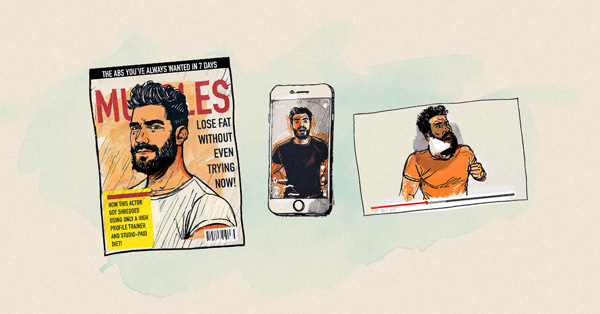Everybody has that moment when they realize they don’t know about something that they should probably know about. Whether it’s history, language, science, or cultural phenomena, you’ve felt the stinging personal embarrassment of a moment wherein you realize there’s some common knowledge that isn’t so common. Don’t feel bad; nobody knows everything. Nobody, that is, except me and my sidekick, The Internet!
Somewhere in the world, a confused soul begs the question…
Why Do We Eat Turkey on Thanksgiving?
Whether your family goes with the standard holiday fare or you have that weird cousin who insists on trying odd new dishes on the last Thursday of November (just to be clear: we don’t need any odd foreign ingredients or new age vegetables inserted into our stuffing – please stop messing with a perfect formula), turkey remains the star of all Thanksgiving meals. But why? Why not chicken or ham or pork or even fish?
Unfortunately, the truth is rather anticlimactic. The real reason turkey was served among several other meats at the first Thanksgiving was merely because it was available.
Edward Winslow’s A Journal of the Pilgrims at Plymouth (dated 1621) references deer and some fowl being hunted for the feast and William Bradford’s “Of Plymouth Plantation” also carries a mention of hunting parties going in search of wild birds before the meal but neither document offers any hilarious “and the Gods decreed turkey to hold the cure for old age!” belief.
Colonists went after turkey in the late fall because they just needed additional food and the big gobbler was one of the few available sources of meat. However, there is some logic that explains why turkeys became and remained the centerpiece of choice for late fall feasts beyond “well, because they were there”:
- unlike chickens with their eggs and cows with milk – both in the colonial era and at present – turkeys (whether wild or raised on a farm) do not provide anything substantial to humans other than meat and to slaughter them carries no real economic repercussions
- turkeys were cheaper than chickens, larger than quail, and much easier to hunt than geese
- turkeys born in the spring would usually grow to ideal eating size just in time for the fall holidays, meaning no time, money, or food was expended to keep turkeys around just to slaughter them later (once they were primed to be eaten, it was time to eat them)
















